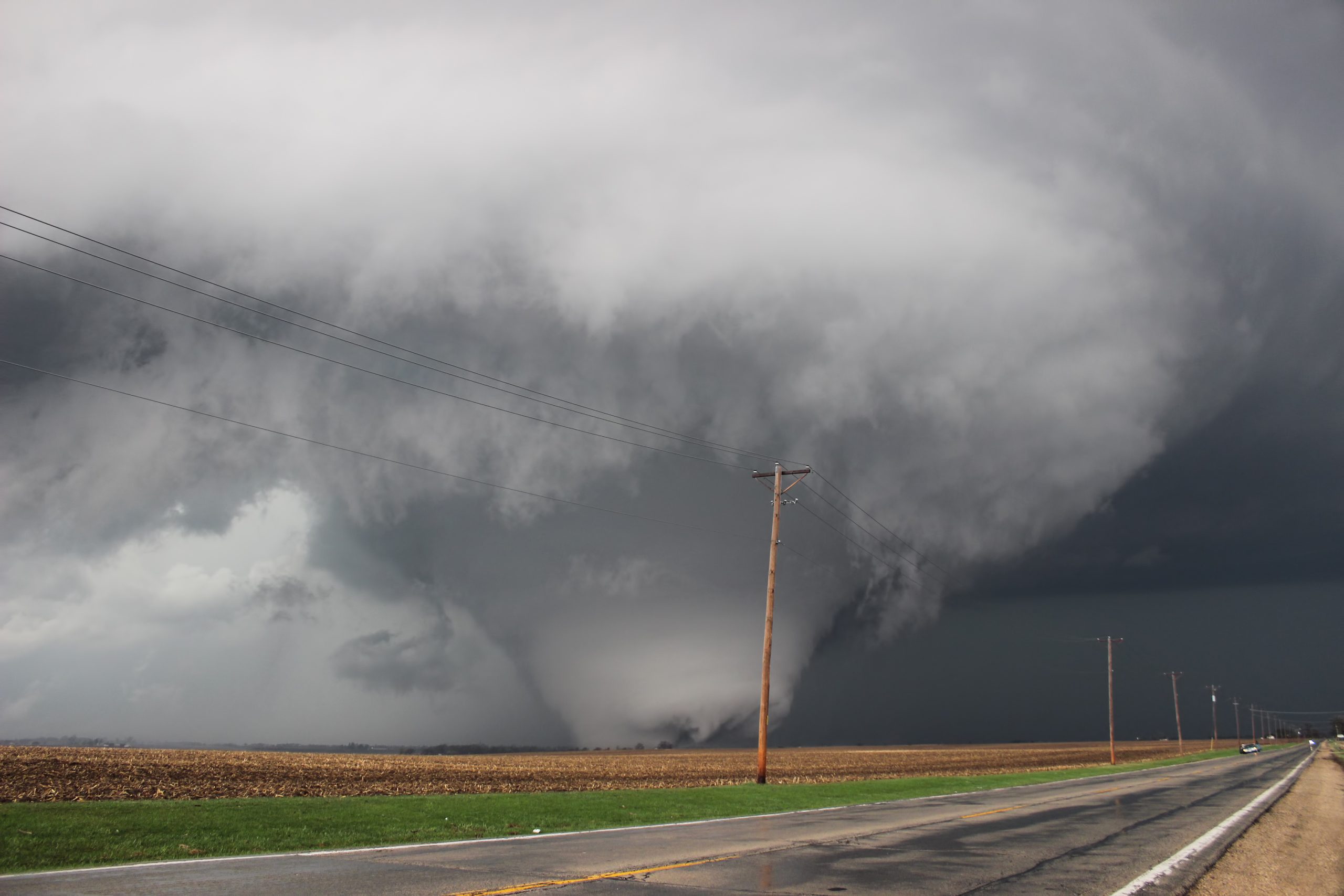JamesCaruso
Staff member
Good luck finding something worse than this. Thought it must be a joke at first, now I'm not so sure... They even used my pic of the Fairdale, IL tornado (legally).

The United States was hit by a severe hurricane
Thunderstorms lashed many parts of the United States last night. The situation became so severecommentaryboxsports.com
At least they got the EF scale correct, despite associating it with hurricanes… That’s better than the Wall Street Journal, which cited the F scale (see link in my post immediately above this one).

